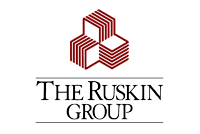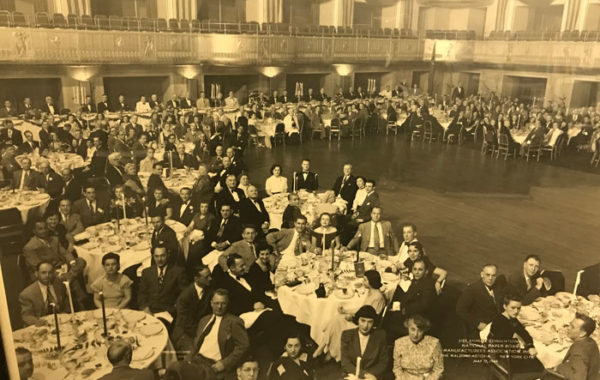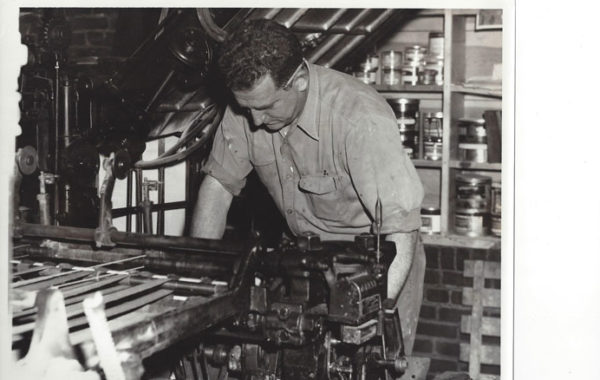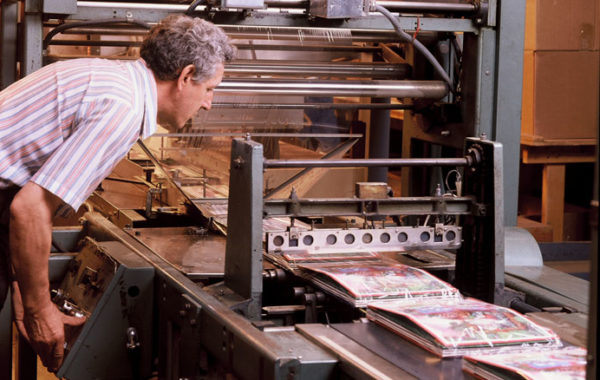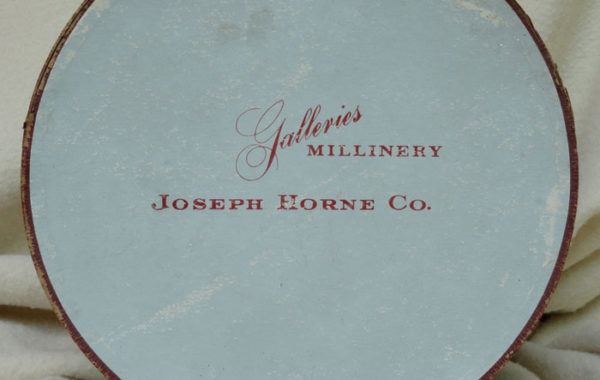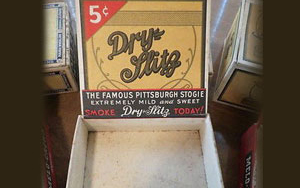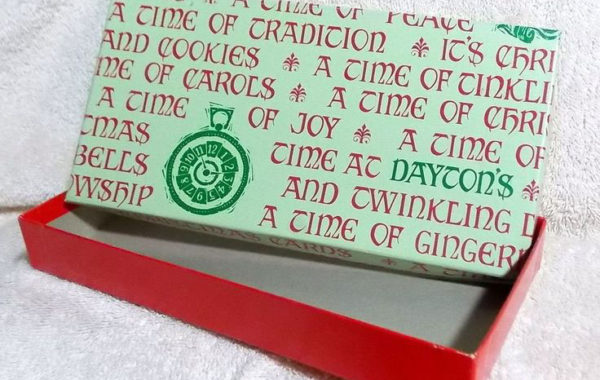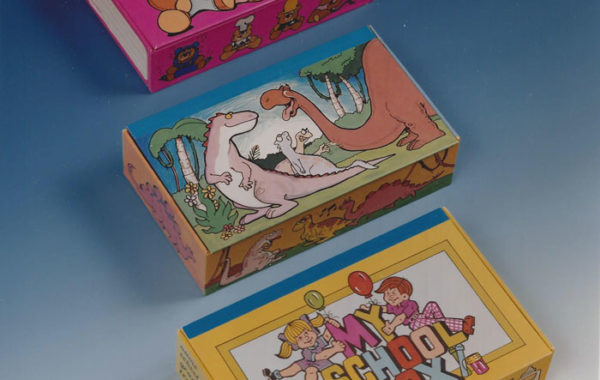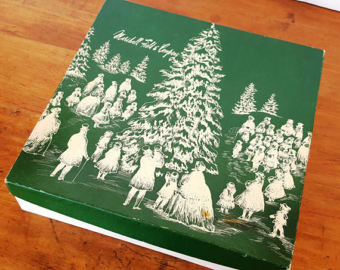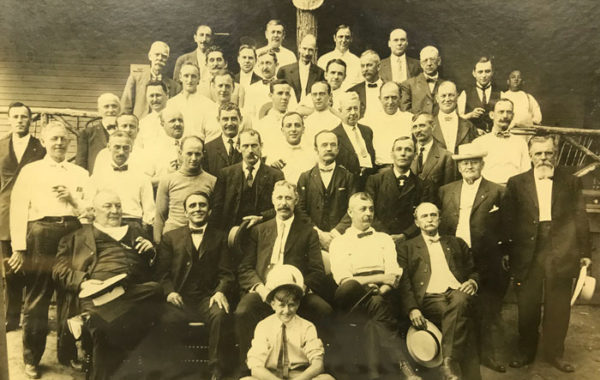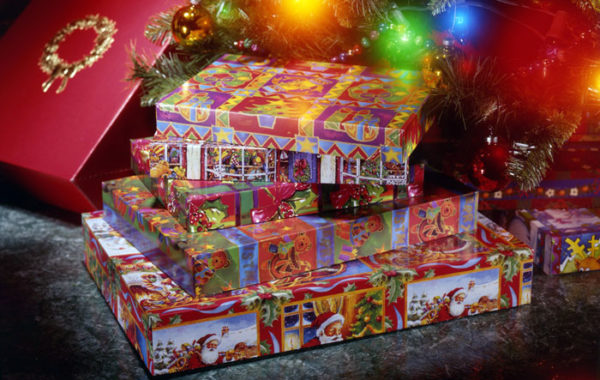Our History
Established in 1893, The Ruskin Group continues its history of innovative packaging solutions into its third century
THE RUSKIN GROUP
OUR HISTORY

Wasser Box Company (1893-merged with Sterling in 1927)
The Wasser Box Company was established in Pittsburgh by 1893 by Mendel (Manny) Wasser (1853-1896), originally located at 221 Wylie Street, moving to 20 Townsend Street by 1895, finally settling into its facility on 1 Miller Street around 1905. Manny’s son Joseph Wasser (1870-1934) assumed control of the company upon the passing of his father in 1896. The company’s early products were setup and wooden boxes for cigars and candy. They also produced retail packaging including hat boxes.
On May 14, 1927, Wasser Box merged with Sterling Paper Box Company, creating the Sterling-Wasser Box Company which was located at 1312 High Street, moving to 1011 Beech Avenue in 1928, and then to 112 West 7th Avenue in Homestead in 1940. Joseph’s son Emanuel L. Wasser (1896-1969) became president in 1938.
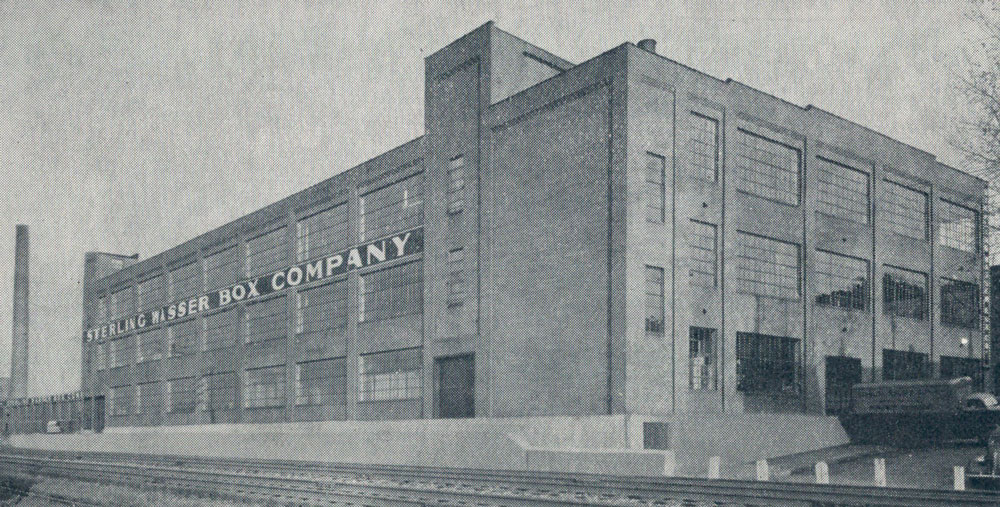
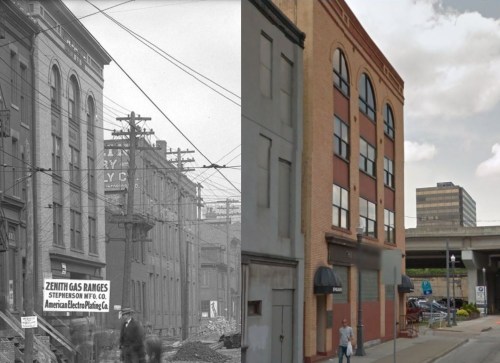
Union & Sterling Paper Box Company (1904-merged with Wasser in 1927)
The Union Paper Box Company was incorporated on January 1, 1904 in Pittsburgh by Jacob Edel (1847-1912) and Freda Edel (1852-1911). It was located at 207-09 Sandusky. By 1908, Henry P. Schaefer (1877-1913) had become president. By 1915, Henry Edward Weiskopf (1860-1944) had become president and William Christian Kimbel (1888-1963), Henry Schaefer’s brother-in-law, was the secretary. After a fire at the Union Paper Box plant in October, 1915, the company was re-chartered as the Sterling Paper Box Company, and incorporated on March 21, 1916 by the Klinordlinger, Weiskopf, and Kimbel families, with Sidney Solomon (S.S.) Klinordlinger (1871-1938) as the majority shareholder.
The company’s first location was 1414 Spring Garden Avenue, moving to 1312 High Street by 1921. By 1923, Sidney had become president, a position he held until his death in 1938.
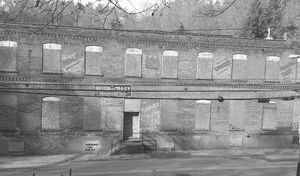
Lebanon Paper Box Company (1898-merged with Sterling in 1986)
The Lebanon Paper Box Company began operations in 1898 in Annville, Pennsylvania, originally known as the Kreider & Coover Company. It was formally incorporated on December 31, 1903 at its new location in Lebanon on Cumberland Street. Joseph H. Kreider (1841-1919) was the company’s first president, with his son-in-law Charles M. Coover (1864-1936) the secretary-treasurer. Charles became president upon Joseph’s death. He was a long-time president of the National Paper Box Manufacturers’ Association. The initial focus was on set-up boxes, primarily for shoes and candy.By the early 1920s, they were a leader and innovator in folding boxes, becoming one of the first and ultimately largest manufacturers of both set-up and folding cartons.
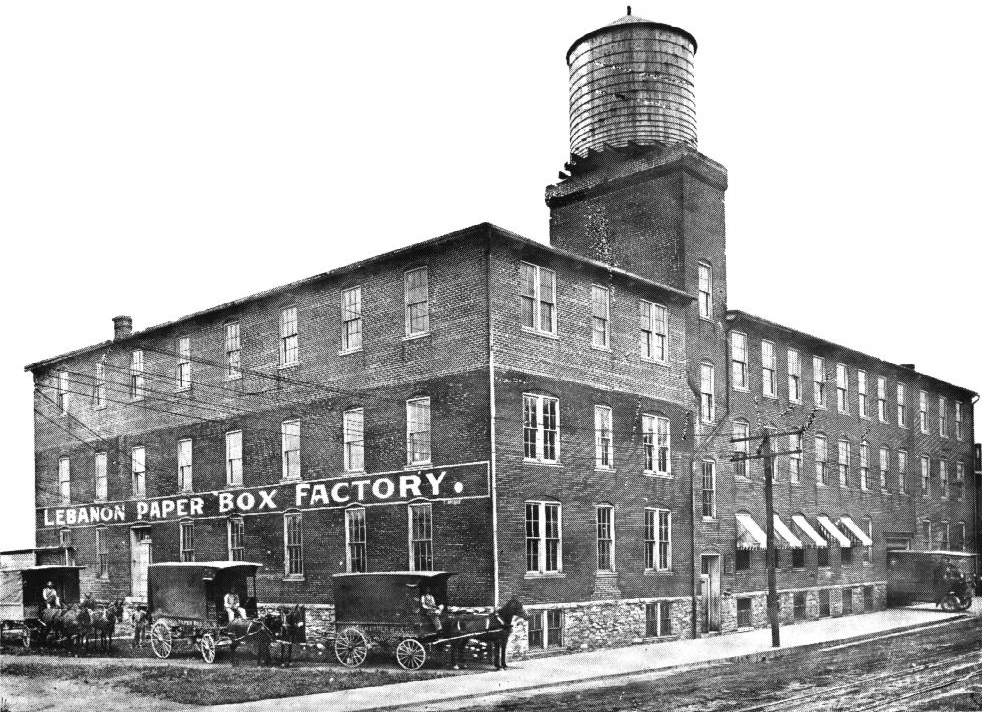
LPBC patented the “display box” in 1938 which is a “carton within which merchandise can be packed and shipped and thereafter be quickly transformed into a display carton arranged in rearwardly inclined position to effectively and attractively display the merchandise.” In 1957, the company was re-incorporated as the Lebanon Packaging Corporation at its facility at 10th and Willow Streets. It became a subsidiary of the MEM Company in 1969. In 1974, LPC moved into a state-of-the-art facility in Jonestown where it operated the largest rigid set-up box operation under one roof, producing stock and custom set-up and folding cartons. On August 25, 1986, Lebanon Packaging merged with Sterling Box to create the Sterling-Lebanon Packaging Corporation.
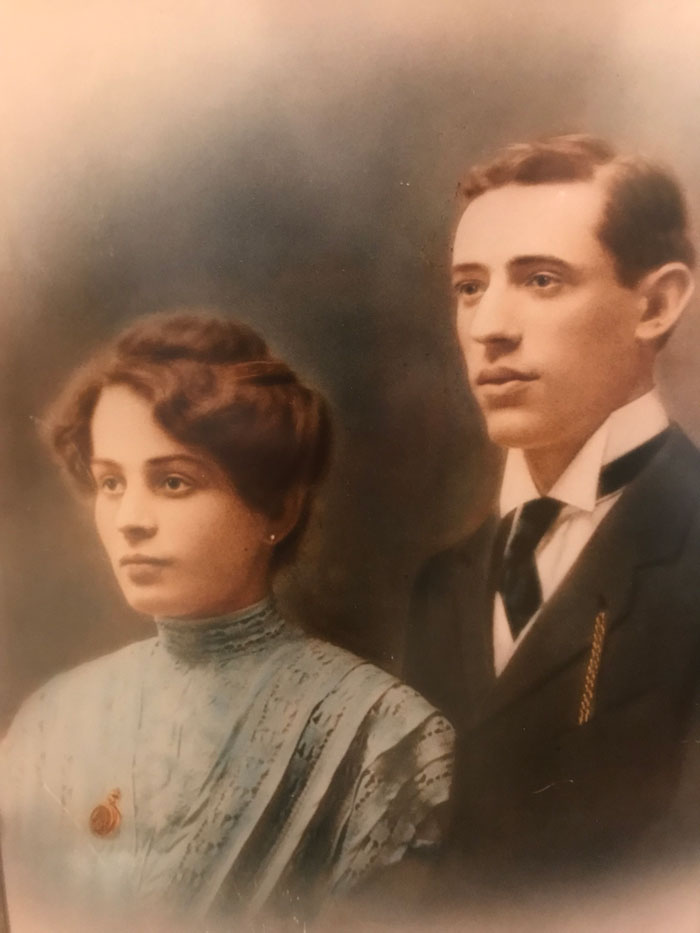
THE RUSKIN FAMILY
The Ruskin family established their box business between 1906-1908 in Philadelphia, Pennsylvania, under the leadership of Harry A. Ruskin (1885-1952). In 1913, Harry joined with his brother Max to expand the business in Manhattan, first as the Ruskin Brothers Paper Box Company, then, in Brooklyn as the Ruskin Paper Box Company which ultimately operated two businesses – Prompt Paper Box (incorporated 1925) and Pilgrim Paper Box (incorporated 1946).
Prompt and Pilgrim, like their peers, initially focused on apparel, bakery, cigar, candy, toys, and other setup boxes. However, the Ruskin family had one key advantage over the competition: their family. They came together because they knew they could be different from any other packaging company. For the Ruskin family, this meant going above the status quo to provide innovative, high quality packaging options that adapted to their customers’ ever-changing needs.
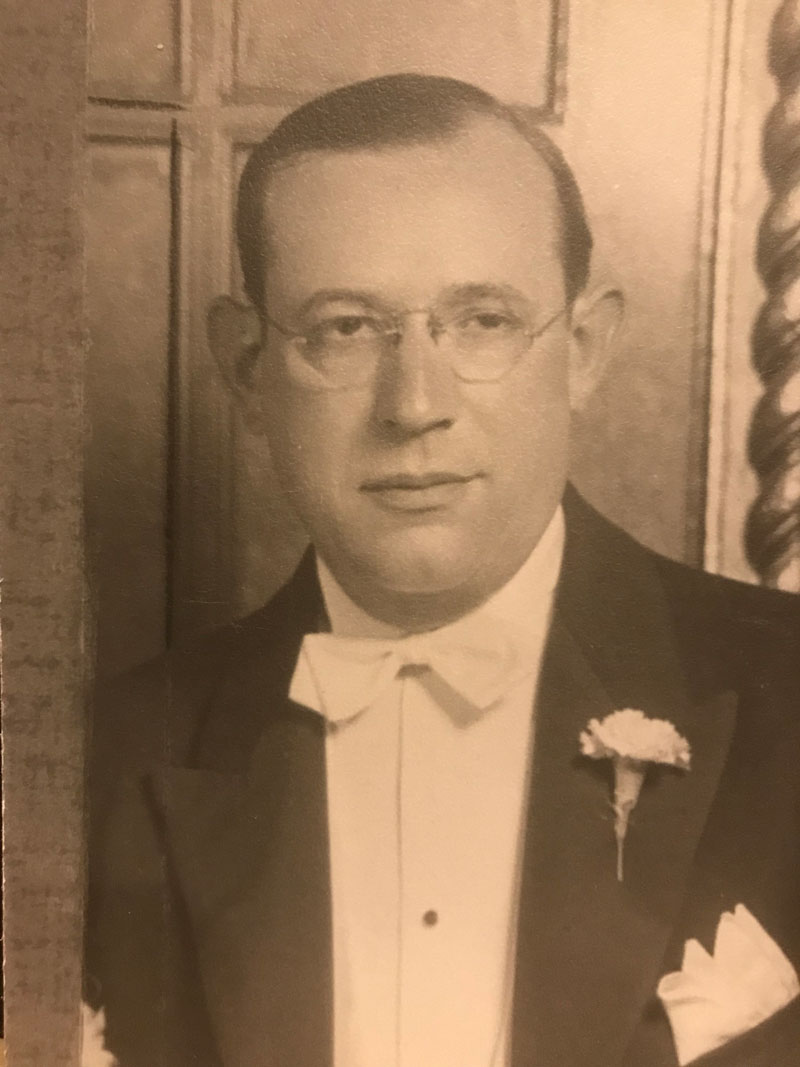
Second Generation
In 1946, Harry’s son Morris D. Ruskin (1912-1975) led the acquisition of the Sterling-Wasser Box Company in Pittsburgh. Upon Harry’s death in 1952, all operations were consolidated in the Pittsburgh facilities. Morris continued to lead the company into new products, services, and industries. In 1957, he acquired the Jeannette Box Company and moved all manufacturing operations to their site in Jeannette, Pennsylvania. The next year, he established the Jeannette Paper Company as a distributor of stock and custom packaging and shipping products for industrial manufacturers. Sterling Box became a regional leader in retail and specialty store gift boxes. Their products also included a wide range of rigid set-up boxes and folding cartons for private label, regional, and national brands.
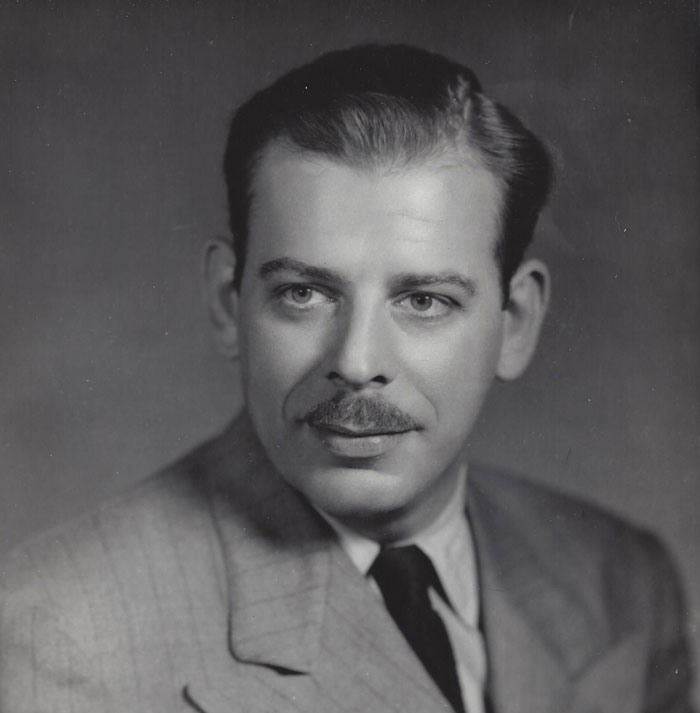

Third Generation
Stanley C. Ruskin (1940-) became president of Sterling Box Company in 1971. Under his leadership, the business grew its retail and consumer products capabilities with state-of-the-art technologies, acquired Lebanon Packaging Company in 1986, expanded into different product categories (flexographic printing in 1993, gift wrapping tissues in 1997), and became a recognized industry leader in retail packaging design, manufacture, and distribution programs.
The company updated its brand to Sterling Packaging Corporation in the 1990’s, positioning itself as one of the leading independent manufacturers and distributors of the broadest range of folding paperboard cartons. During Stanley’s leadership, the Jeannette Paper Company, an associated company with a focus on custom industrial packaging, expanded into stock shipping supplies as a one-stop-shop for both company’s customers.
Fourth Generation
In 2001, with the formal creation of The Ruskin Group (TRG), Ryan S. Ruskin (1968-) became the fourth generation of the Ruskin family to oversee their packaging business into its third century. Ryan has led the development of new domestic and global supply chains, incorporated cutting-edge information and digital technologies, launched an innovative e-commerce platform for stock shipping supplies, and worked with partners to create sustainable packaging programs for customers, suppliers, and the packaging industry at large. He has also implemented important, world-class sustainability initiatives that have elevated its operations and contributed to a more responsible marketplace.
Today, The Ruskin Group is a full-service packaging company positioned as one of the most innovative, sustainable, diverse, and inclusive packaging companies in the country. The global economy has vastly changed since our humble beginnings, as the Ruskin family foresaw all those years ago. But, because of our thought leadership, we’ve expected and embraced change like none other in the industry to become who we are today.

The Ruskin Group prides itself on its fourth consecutive generation of family-led leadership.
Pittsburgh Pirates Connection
Little do most know, The Ruskin Group and the Pittsburgh Pirates have been connected since the late 19th century.
One of the founding families of Sterling Paper Box Company (a Ruskin Group predecessor), the Klinordlingers, was initially a liquor merchant. In the 1890’s, they created a brand of whiskey called “Pirate Club Pure Rye Whiskey,” named after the newly renamed Pittsburgh Pirates that soared in popularity. When Kentucky native and liquor business veteran Barney Dreyfuss became the new Pirates president in 1899, it’s no surprise that he became a close friend and neighbor of the Klinordlinger family.
Sidney Solomon Klinordlinger assumed management of his family’s liquor business. When it closed in 1916, he became the majority owner of Sterling Paper Box. Sterling’s predecessor, the Union Paper Box Company, had been established in 1904 by the Edel family, who, like the Klinordlingers, were also friends with Dreyfuss and supporters of the Pirates.
The relationship between the Ruskin Group and the Pirates, partners for over 100 years, began with a popular local beverage, was formed by the friendship of two families who created and led their respective businesses, and continues unbroken into its third century. Sufficed to say, together we’ve hit it out of the park..
Subscribe to receive our latest news and deals
